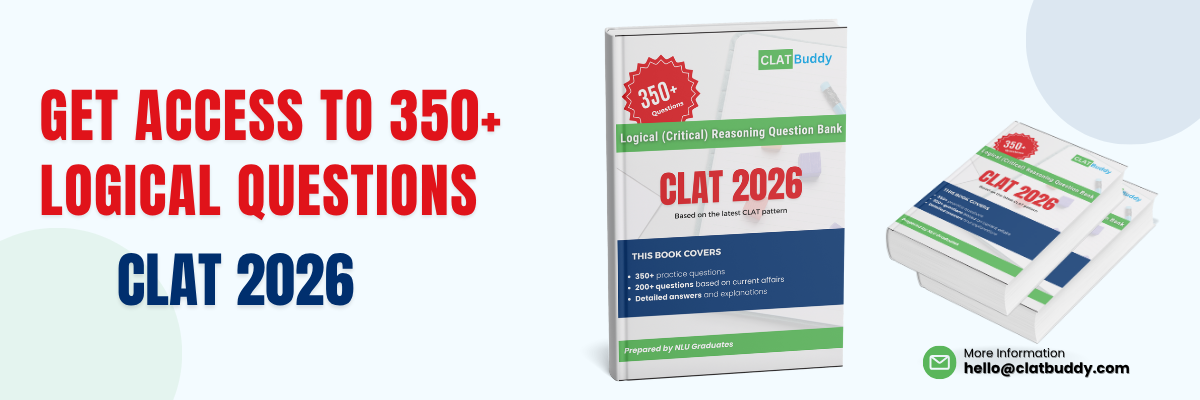When we talk about statements, assumptions and conclusions, we’re exploring the way people express ideas, the hidden beliefs behind those ideas and the final results they’re trying to convey. Let’s break down these concepts in simple terms:
Statement
A statement is a sentence or a group of words that conveys an idea, a fact or something someone wants to express. It’s like sharing information or thoughts.
For example, if someone says, “Eating fruits is good for your health,” that’s a statement because they’re telling you something they believe to be true.
Assumption
An assumption is something that’s not directly said but is believed to be true for the statement to make sense. It’s like a hidden idea that the speaker or writer relies on.
Going back to the example of eating fruits, if someone says, “Eating fruits is good for your health,” they might assume that you want to be healthy and that fruits have nutrients that help with that. It’s a belief they’re not explicitly saying.
Conclusion
A conclusion is like the final point or result that someone is trying to make. It’s the idea they want you to understand or agree with after considering everything they’ve said.
Imagine someone says, “Eating fruits is good for your health. So, you should include more fruits in your diet.” Here, the conclusion is that you should eat more fruits because it’s good for your health. It’s like the “bottom line” of what they’re trying to convey.
Putting It All Together
Let’s use an everyday situation to understand these concepts:
- Statement: Your friend says, “I’m taking an umbrella because the weather forecast says it’s going to rain.”
- Assumption: The assumption here is that your friend believes the weather forecast is accurate and that it will rain as predicted. This belief is not directly said but is important for the statement to make sense.
- Conclusion: The conclusion is that your friend is taking an umbrella because they expect it to rain. The main point they want you to understand is that they’re prepared for rain based on the weather forecast.
In simple terms, a statement is what someone says, an assumption is a hidden belief behind that statement and a conclusion is the main idea or result they’re trying to convey. Understanding these concepts helps us see the layers of meaning in what people say and how they’re trying to communicate their thoughts.
Calling all law aspirants!
Are you exhausted from constantly searching for study materials and question banks? Worry not!
With over 15,000 students already engaged, you definitely don't want to be left out.
Become a member of the most vibrant law aspirants community out there!
It’s FREE! Hurry!
Join our WhatsApp Groups (Click Here) and Telegram Channel (Click Here) today, and receive instant notifications.





